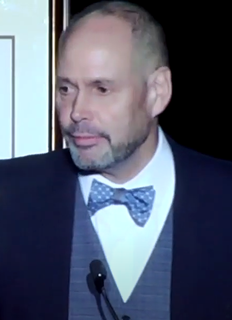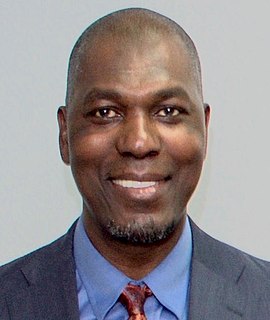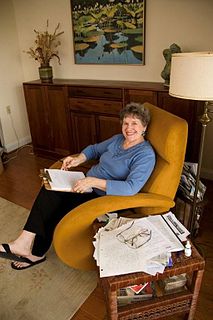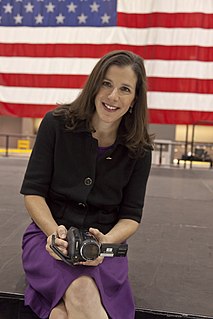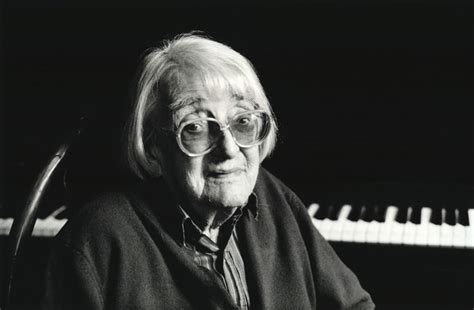A Quote by Lynn Coady
I was always watching the boys and how they interacted. It comes with being a feminist, just somebody who thinks a lot about gender and how it plays out in society.
Related Quotes
I'm not suggesting that all men are beautiful, vulnerable boys, but we all started out that way. What happened to us? How did we become monsters of feminist nightmares? The answer, of course, is that we underwent a careful and deliberate process of gender training, sometimes brutal, always dehumanizing, cutting away large chunks of ourselves. Little girls went through something similarly crippling. If the gender training was successful, we each ended up being half a person.
I used to think that when I grew up there wouldn't be so many rules. Back in elementary school there were rules about what entrance you used in the morning, what door you used going home, when you could talk in the library, how many paper towels you could use in the rest room, and how many drinks of water you could get during recess. And there was always somebody watching to make sure. What I'm finding out about growing older is that there are just as many rules about lots of things, but there's nobody watching.
A lot of women seem to have a similar attitude, - 'I'm not a feminist' - and it gets wearying. What's wrong with being a feminist? I'm proud to be a feminist. It's been one of the most positive things in my life. It's one of the best traditions there is. It's admirable to be a feminist and to stand up for one's sex, to fight against inequality and injustice and to work for a better society.
I've had enormous luck and enormous pleasure in working in such forms as movies and plays that I loved when I was a kid and I just - because I could always write dialogue, because I always had a sense of how people spoke. And because I had a strong narrative sense; growing up and loving stories, loving novels, I just seem to know how to tell a story and I read a lot, I went to a lot of movies, I went to a lot of plays, and it rubbed off on me. And that's all. It just rubbed off on me.
The gender prism is just descending upon us. For instance, when we're girls of nine or 10 we may be climbing trees and saying, "I know what I want. I know what I think." And then suddenly at 11 or 12, the gender role takes hold, and adults tell us, "How clever of you to know what time it is." It happens to boys, too and even sooner - between five and eight. Before that, boys cry and express uncertainty.
I'm not saying I'm going to rule the world, I'm going to change the world. But I guarantee I will spark the brain that will change the world. And that's our job. It's to spark somebody else watching us. We might not be the one, but let's not be selfish. And because we['re] not going to change the world, not talk about how we should change it. I don't know how to change it. But I know if I keep talking about how dirty it is out here, somebody's going to clean it up!


